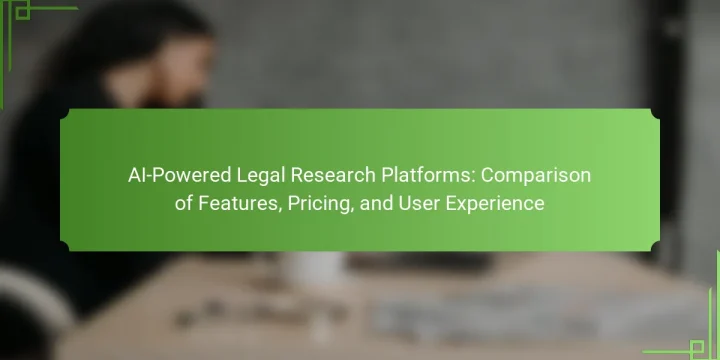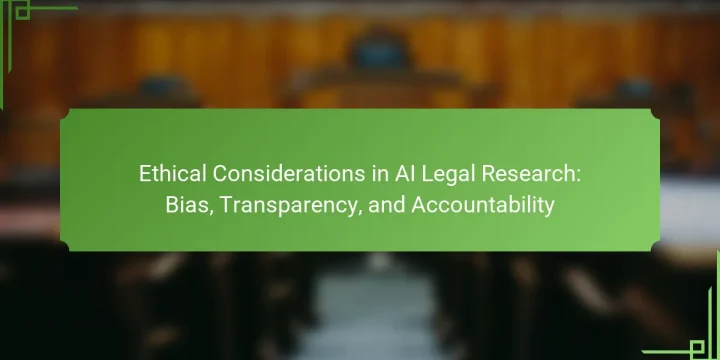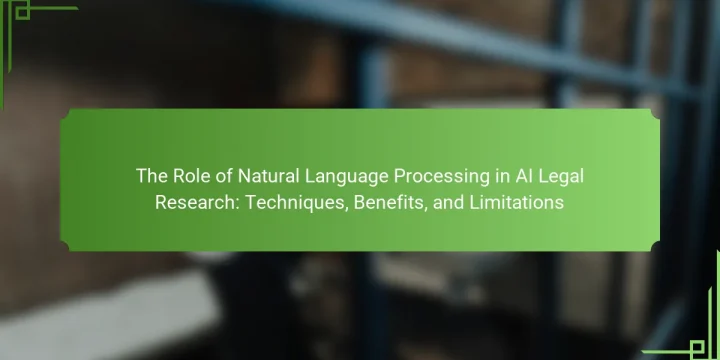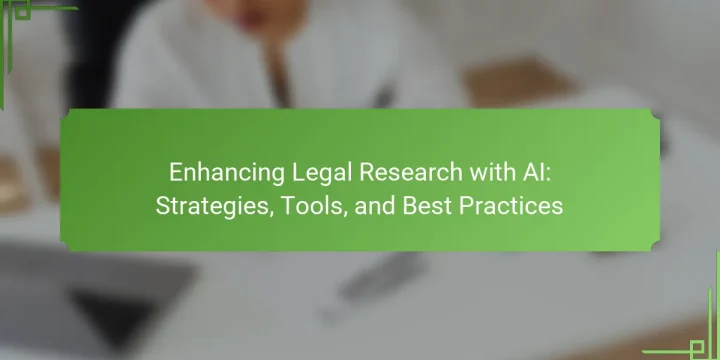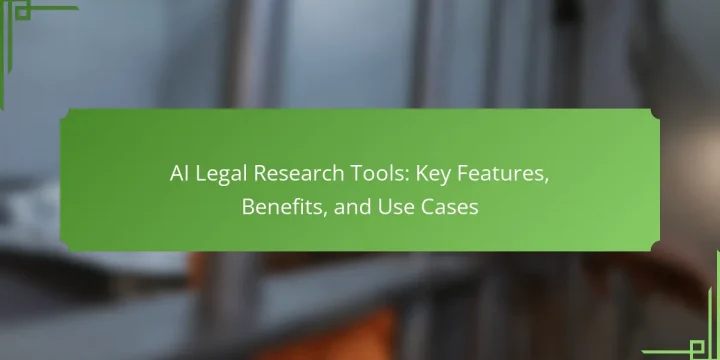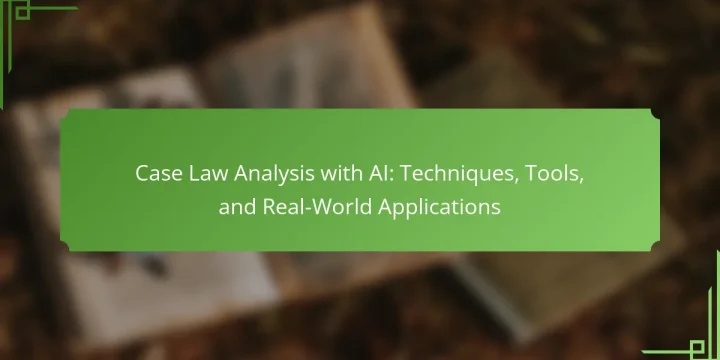
What is AI Integration in Legal Education? AI integration in legal education refers to the incorporation of artificial intelligence technologies into the teaching and learning processes of law. This integration enhances curriculum development by introducing AI tools that assist in legal research and analysis. It also facilitates skills training, allowing students to engage with AI applications used in real-world legal practice. Practical applications include using AI for document review, case prediction, and legal writing assistance. Research indicates that law schools adopting AI in their programs improve student engagement and better prepare graduates for a technology-driven legal landscape. How does AI transform the legal education landscape? AI transforms the legal education landscape by enhancing curriculum development, skills training, and practical applications. It introduces adaptive learning technologies that personalize education for law…


